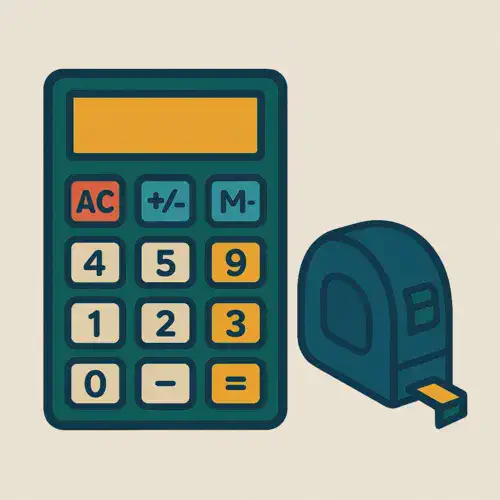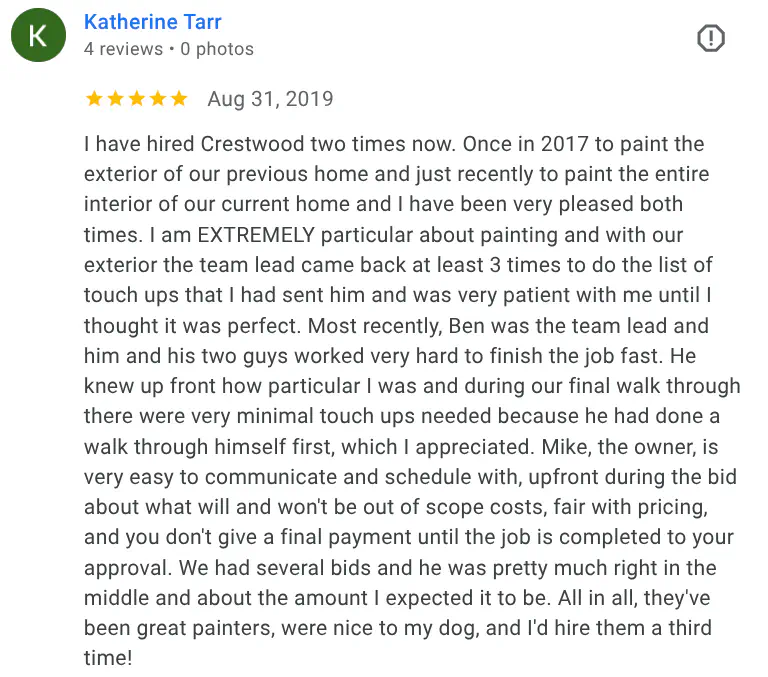Insurance isn’t just paperwork—it’s a safeguard against the unexpected. When you hire someone uninsured, you're often the one holding the bag when things go wrong.

Why Insurance Coverage Matters for Contractors
Most homeowners assume a contractor has liability coverage—until something goes wrong. Damage, injury, or an accident on your property could quickly lead to out-of-pocket costs you didn’t expect.
According to industry estimates, up to 40% of painting contractors in the U.S. are uninsured. That’s tens of thousands of painters operating without proper liability or workers comp coverage.
What If a Contractor Damages Your Property?
You’ll likely file the claim—and you’ll pay the deductible.
Let’s say a ladder falls on your car, damaging the hood. If the contractor isn’t insured, your auto policy covers the damage—but you pay the deductible. And if the same thing happens again? Same deductible, same hassle.
Worse, the burden is on you to try recovering the cost from the contractor afterward, assuming they don’t disappear.
What If Someone Gets Hurt?
Medical bills can fall to your health insurance or personal liability coverage—sometimes both.
If the contractor's equipment injures a member of your household, your home insurance doesn’t cover the medical costs. Your health insurance will, but you’ll still be paying the deductible—and possibly more.
That’s assuming everyone has insurance. If not, things can escalate quickly into legal territory.
What About the Contractor's Own Injuries?
If they’re injured on your property, you might be on the hook unless they carry proper coverage.
Homeowner policies often include “medical no-fault” clauses. But that coverage is usually capped at $1,000. If the contractor’s medical bills exceed that (and they usually do), they can sue you to recover damages.
A slip on the stairs or a fall off a ladder could lead to a serious injury—and a serious claim against your personal liability coverage.
Can You Be Sued for Hiring an Uninsured Contractor?
Yes, especially if negligence is involved or if someone is injured on your property.
Hiring someone uninsured doesn’t automatically make you liable, but it certainly opens the door. If it’s found that you were negligent—or even just unaware of your contractor’s risk profile—you could be pulled into litigation.
Do Insurance Claims Affect Your Rates?
Yes. Claims follow you like speeding tickets—even if you switch carriers.
Even if the claim wasn’t technically your fault, your insurance premiums can increase. Claims are tracked across carriers, and like a ding on your driving record, they can impact your rates no matter who you’re insured with.
Why Don’t All Contractors Carry Insurance?
It costs money and invites oversight—but skipping it puts you at risk, not them.
For small or unlicensed contractors, skipping insurance is a quick way to cut costs. But it also shifts all liability to you. There’s no real upside for the homeowner—just risk.
How Can Homeowners Protect Themselves?
Always request a certificate of insurance and understand your own policy limits.
Don’t just ask if someone is insured—ask for documentation. A certificate of insurance, dated and current, should be readily available. If they hesitate, that’s your red flag.
You should also review your own home policy. Know your liability limits, and consider increasing your no-fault medical coverage. It costs only a few extra dollars a year and can prevent major financial headaches.
Is a Verbal Assumption of Responsibility Enough?
A contractor’s reassurance means little without documentation—especially when insurance companies get involved.
Some uninsured contractors will say “I’ll take care of it” if anything goes wrong. But when a claim actually arises, those promises vanish quickly. If it’s not backed by a valid policy, you’re still on the hook.
Subrogation: When Your Insurer Comes Knocking
Even if your insurer covers the loss, they may go after the contractor—or you—to recover costs.
Subrogation means your insurance company pays out, then tries to recover damages from the at-fault party. If the contractor is uninsured, you could end up being part of the equation—even if the damage wasn’t your fault.
"I’ve Used Them Before" Isn’t a Safety Net
Past success doesn't mean future protection—uninsured contractors are still a gamble.
Just because someone did good work last time doesn’t mean this time will go the same. Even one accident on your property could lead to a claim, a lawsuit, or a dispute that’s hard to fix after the fact.
What Real Coverage Should Look Like
A certificate of insurance, updated annually, is the bare minimum. Here's what else to check.
You want to see two things: general liability and workers comp. If the contractor has employees, this protects you from being sued over jobsite injuries.
You can also call the insurance provider listed to verify that the policy is active and includes sufficient coverage.
Book a Quick Estimate
Hiring a painter should come with peace of mind. We carry full insurance and are happy to provide documentation upon request. You can book an estimate at a time that works for you—most meetings take under 30 minutes, and come with clarity, not pressure.
For more smart homeowner tips, check out 12 Questions to Ask Before You Hire a Painter , our breakdown of why painters backroll , or tips on crystal clear contracts . You’ll be glad you did.






